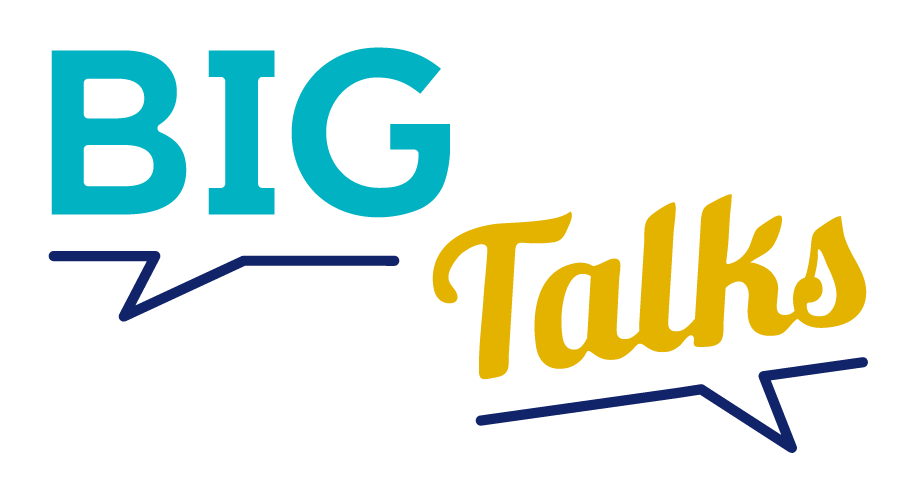Common Misunderstandings about the “Sex Talk”
Here’s a conversation that I have as a sexuality educator with parents regularly…
Me: It’s important for parents to talk to kids about sexuality.
Parent: Absolutely, I agree! So important.
Me: Great! How have your previous conversations gone?
Parent: Well, I haven’t actually had a conversation with my child, but I’m open to doing it. I know my child. My child isn’t ready for the conversation yet, but my child knows they can talk to me whenever they’re ready.
Misunderstanding #1: It’s just one talk.
This isn’t going to be one conversation! Parents should have continuous conversations with kids about bodies and relationships throughout all of childhood (Ages 0-22). “I should talk to my toddler about sexuality!?” You already do. When you potty train a toddler and teach them that particular sensations in their body inform them when they need to get to a toilet, that’s sexuality education for your toddler.
Sexuality education teaches people how to connect to themselves and others. Human beings need this education their entire lives. The earlier you start conversations about bodies and relationships, the earlier it becomes normal to your kids that they have these conversations with you. Aka you won’t have pre-teen/teen rejection to contend with because your kids will already be used to having these conversations with you.
Misunderstanding #2: I have to give my kids all of this information at once.
Your child might not be ready to have an all inclusive “sex talk” with you, especially if you have never spoken to them about anything like it before, but that doesn’t mean they’re not ready for any conversation. Sexuality education includes self esteem, communication skills, and morals and values, in addition to other topics, plus all of the “sex stuff” people associate with the term sexuality education.
Don’t start with the information that is most difficult and “embarrassing” for you and your kids. Start with conversations that you and your kids feel most comfortable talking about together (ex. friendships, school health classes, #MeToo in the news), so you can build trust and rapport. Then, you can expand from there. Again, no one conversation has to be perfect because you’re going to have many of these conversations. If you make a mistake during one conversation and your child reacts negatively, you always have the following conversation to fix it.
Misunderstanding #3: I got this (but I really don’t).
We all have “stuff” around sexuality. It’s fine (and normal) for you, the parent, to have “stuff” about sex, especially “stuff” about sex related to your child, but don’t let your “stuff” lead your actions. You being open to talk about sexuality with your kid does not necessarily influence your child being open to talk about sexuality with you.
You are the parent. You are the adult. You have to open and keep re-opening the door to these conversations. Putting that responsibility on your child is an unfair burden, and it rarely results in your kid starting these necessary conversations with you. Instead, they turn to their peers and Google. Trust me, you do not want Google to be a bigger influence on your kid’s sexuality education than you!
The importance of confronting the “ughhh”
Please, don’t misunderstand me. My intent is not to make you feel enthusiastic or even hopeful about talking to your kids about sexuality. These conversations will be uncomfortable (especially at first). You’ll probably have no idea what to say. God forbid, your kid asks you a question you’re unprepared for, and you’ll probably receive lots of push back, especially if you’ve waited until your kid’s teen years to start these conversations. Pretty much the first few conversations are going to suck, which is why you’ve been avoiding it.
As a sexuality educator with two decades of experience though, I can guarantee you that having these conversations will make you more effective at having these conversations, and most importantly having these conversations effectively will automatically make your kids physically and emotionally safer in the world we live in.
More Questions:
What is your biggest fear related to talking to your kid about sex?
How did you learn about sexuality growing up?
Who are two people that you can turn to for support immediately if a conversation with your kid goes awry?

